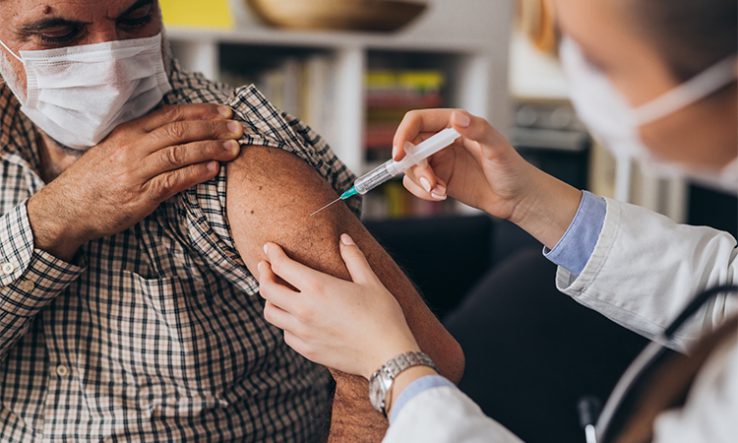
World Trade Organization member states are debating whether vaccine waiver should cover diagnostics and therapeutics
Broadening the waiver of intellectual property on Covid-19 vaccines so that it also covers therapeutics and diagnostics could force a halt to the development of hundreds of potential new treatments and compromise innovation on a global scale, a lobby group for the medical industry has warned.
A broadening of the waiver is being discussed among member countries of the World Trade Organization. The European Federation of Pharmaceutical Industries and Associations said on 30 September that such a move would increase the scope of the waiver “from 4,303 to 135,627 patents across pharmaceuticals, chemicals, machinery, rubber, glass and other industries”.
Efpia said that only 37 treatments have so far been approved for use against Covid-19 and that this is just 2 per cent of roughly 1,800 treatments in development. Without IP rights on these potential treatments, industry would no longer be incentivised to develop them, the group warned.
“Without the certainty provided by patent rights, many of these research projects could simply stop,” it said.
Extending the IP waiver could decrease R&D into pharmaceutical products by 25 per cent, Efpia claimed, adding that it estimated a 28 per cent decline in the value of patents.
“The latter means that GDP in high-income countries will decline, high-quality R&D jobs will be lost, export values will go down and so will investments…Future innovation will also be hurt, not only in healthcare, but also potentially in digital or green technologies,” it said.
As a consequence, an extension of the waiver “will hurt innovation and will come at the expense of future global pandemic preparedness”, the group said.
It added that the extension would put the legal basis for not-for-profit innovations in low- and middle-income countries “at risk”.